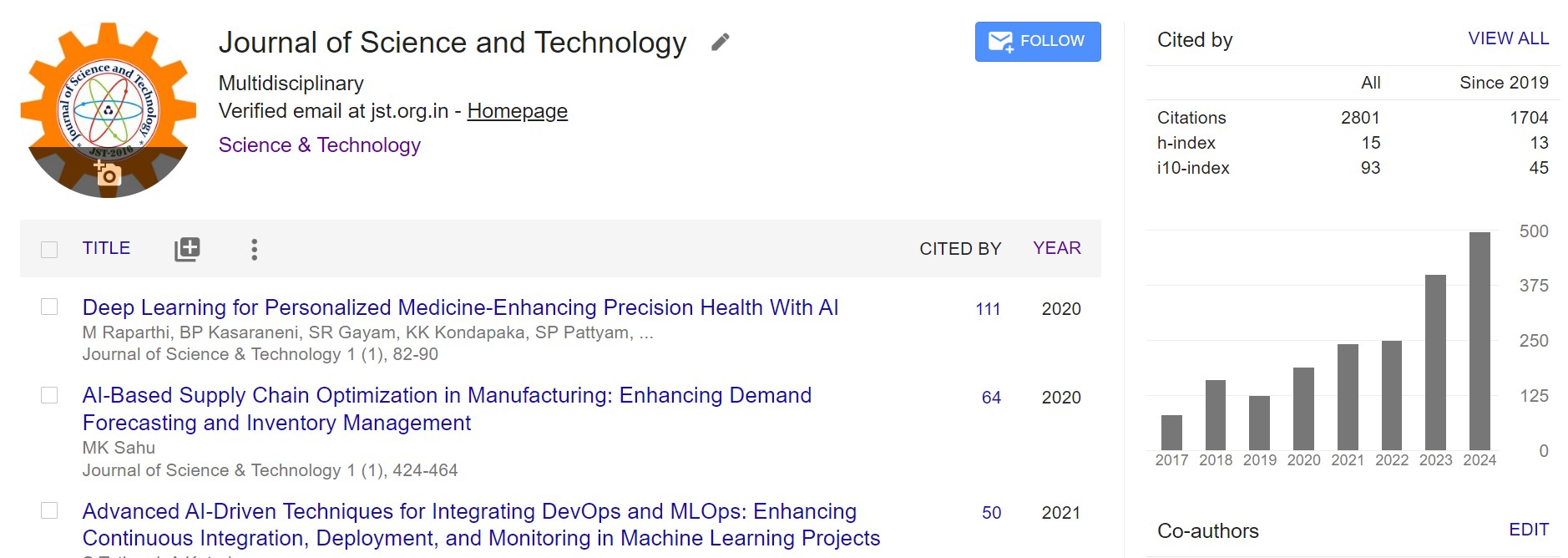Machine Learning-based Detection of Malaria Infection through Blood Sample Analysis
DOI:
https://doi.org/10.46243/jst.2023.v8.i12.pp185-198Keywords:
malaria infection, blood samples, machine learning, epidemiological.Abstract
Malaria, a life-threatening disease caused by Plasmodium parasites transmitted through infected mosquitoes, remains a significant public health concern in many regions worldwide. Early and accurate detection of malaria infection is crucial for timely treatment and disease management. The automated malaria detection system can be integrated into portable diagnostic devices, enabling healthcare professionals to perform rapid and accurate malaria tests in remote or resource-limited settings. The system can assist researchers and health organizations in tracking malaria prevalence and monitoring its spread, contributing to epidemiological studies and efficient resource allocation. Conventional methods for malaria detection involve manual examination of blood smears under a microscope by trained technicians. Although reliable, this process is time-consuming, labor-intensive, and dependent on the expertise of the microscopist. The regression-based examination of blood smears introduces the potential for errors, leading to false-negative or false-positive results. In recent years, machine learning-based approaches have shown promising results in automating the detection of malaria parasites through blood sample analysis. This work presents an advanced machine learning-based method for the automated detection of malaria infection, leveraging image processing techniques to achieve high accuracy and efficiency.


























